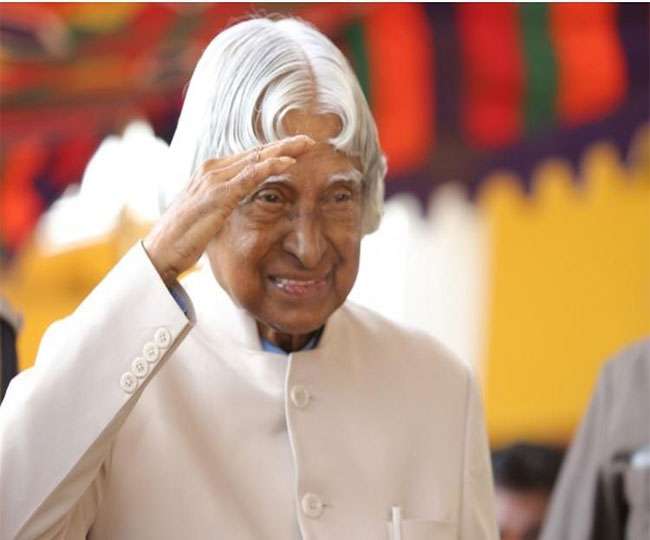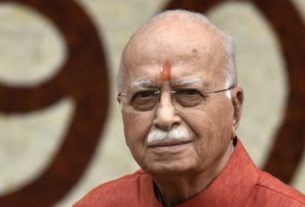President Dr A P J Abdul Kalam will dedicate the Centre for DNA Fingerprinting and Diagnostics-Sun Microsystems Medical Bio-informatics Center of Excellence in Hyderabad on Friday.
The center has been set up by the CDFD of the government of India, the Andhra Pradesh government and Sun Microsystems, the world’s leading company in high-precision computing, at a cost of 5 million dollars, as a joint collaborative effort.
CDFD director Seyed Ehtesham Hasnain told newsmen on Thursday that with India fast emerging as the international hub of bio-informatics and clinical research, the center of excellence would be the only center in the country to have the requisite facilities for advanced research.
Referring to the cutting edge research work already being done at this center in the field of diseases and drug discovery, Dr Hasnain said that by 2010, the center would yield a few good results of which everybody would be proud.
Sun Microsystems India managing director Bhaskar Pramanik said “the center of excellence marks the new era of partnership where CDFD and Sun can jointly work to solve specific problems in bio-informatics.”
“It is marrying CDFD’s expertise in bio-informatics along with Sun’s expertise in high performing computing which is required to transform large amounts of biological and medical data into knowledge. The center of excellence represents unique confluence of clinical aspects,” he said, adding that the work at the center would touch the lives of a billion Indians.
“By creating a genetic database of disease conditions in India and linking it back to the actual research in molecular biology, this will really have a far-reaching impact potentially touching the citizens in India,” he pointed out.
The CDFD, which is already the first and only node of European Molecular Biology Net, will now join the Asia-Pacific Bio-informatics Network. Sun will also network the Hyderabad center with its 41 other centers of excellence in different parts of the world.
They include 12 COEs of life sciences such as the Virginia Bio-informatics Institute, Canadian Bio-informatics Research Center, Zurich Federal Institute of Technology, North Carolina Research Triangle and the Genome Institute of Singapore.
“This is a global initiative and the idea is to share and participate on a global basis,” Bhaskar Parmanik explained.
The COE at Hyderabad is the result of hard work of the last three years which started with the signing of a memorandum of understanding between the Andhra Pradesh government and Sun Microsystems.
Pramanik said the state-of-the-art technology provided at this center would help in creating one of the world’s largest genetic database, enabling scientists to share and participate in bio-informatics research globally.
Talking of the immediate priorities and focus areas of the COE, Dr Hasnain said the biggest impact of the COE would be on a programme of Tuberculosis control and prevention which involved setting up the biggest data base of its kind in the world.
“The data base of the whole genome fingerprinting of micro bacterium that causes TB has very important information, particularly when it comes to TB management,” Hasnain said.
The data indicate that India has mostly the ancient strain of TB, which can be easily controlled and cured by the first line of treatment, as opposed to the most virulent modern day TB or Beijing strain which is prevalent in the western countries.
The high precision computing facilities at the COE would help in identifying the strain of TB among patients and help in their treatment. Dr Hasnain hoped that it would also help in developing new medicines for the treatment of TB.
The other services the COE at Hyderabad would deliver include providing data base of genetic disorders to the clinicians. “There are 5000 genetic disorders in the world and 80 percent of them afflict the poorer sections,” he pointed out.
“The center will deliver its services in the field of education, research and development and the services,” he added.
By Syed Amin Jafri



